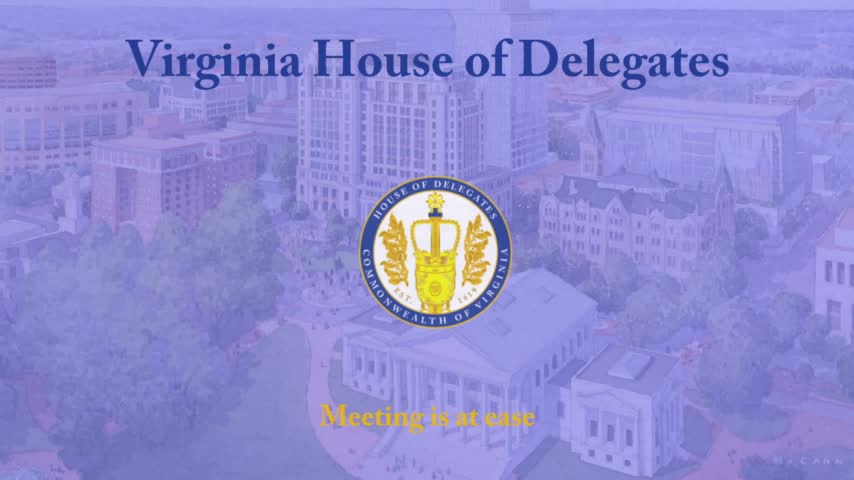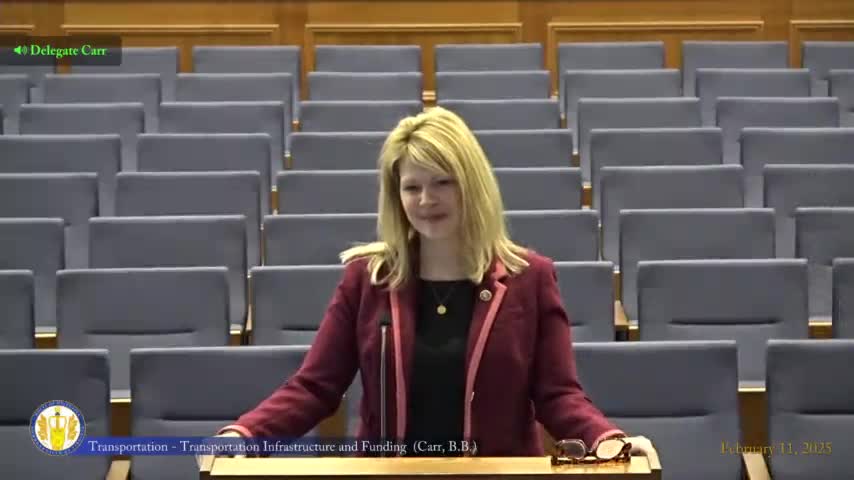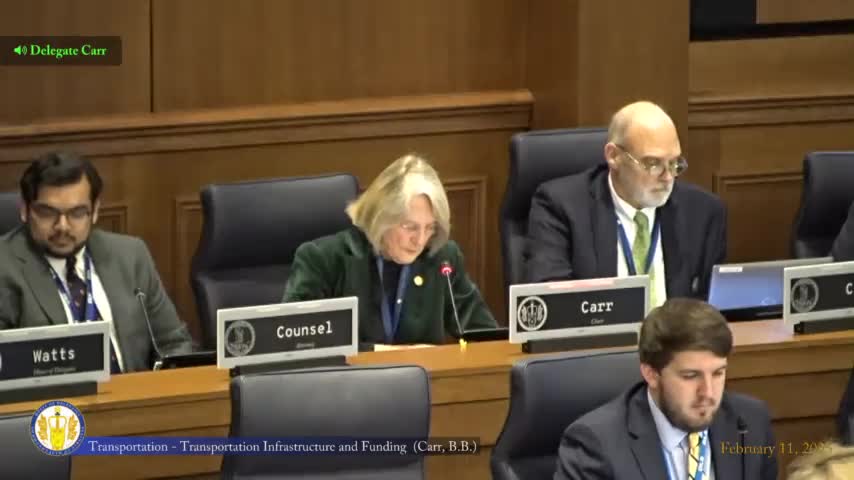Article not found
This article is no longer available. But don't worry—we've gathered other articles that discuss the same topic.

Subcommittee approves NVTA-directed study on Northern Virginia bike and pedestrian funding after wide discussion

Bill would ask Planning District 8 counties to consider 'discontinuing' rural roads rather than abandoning them

